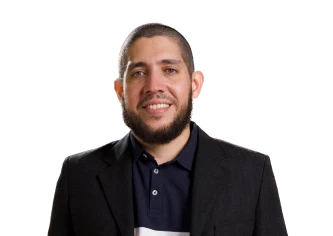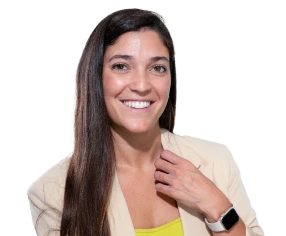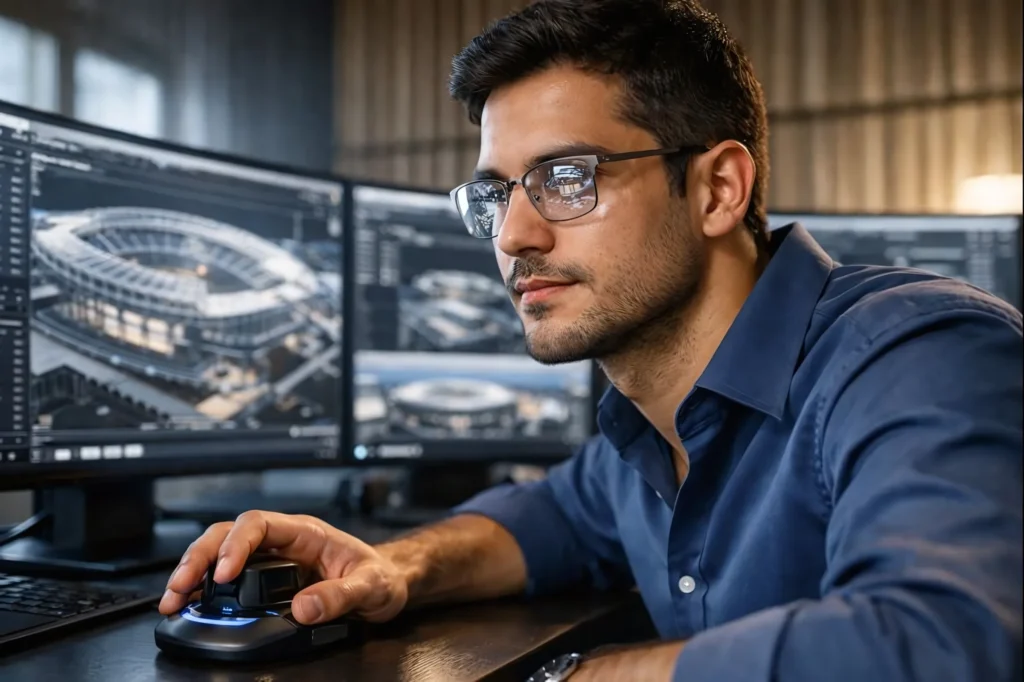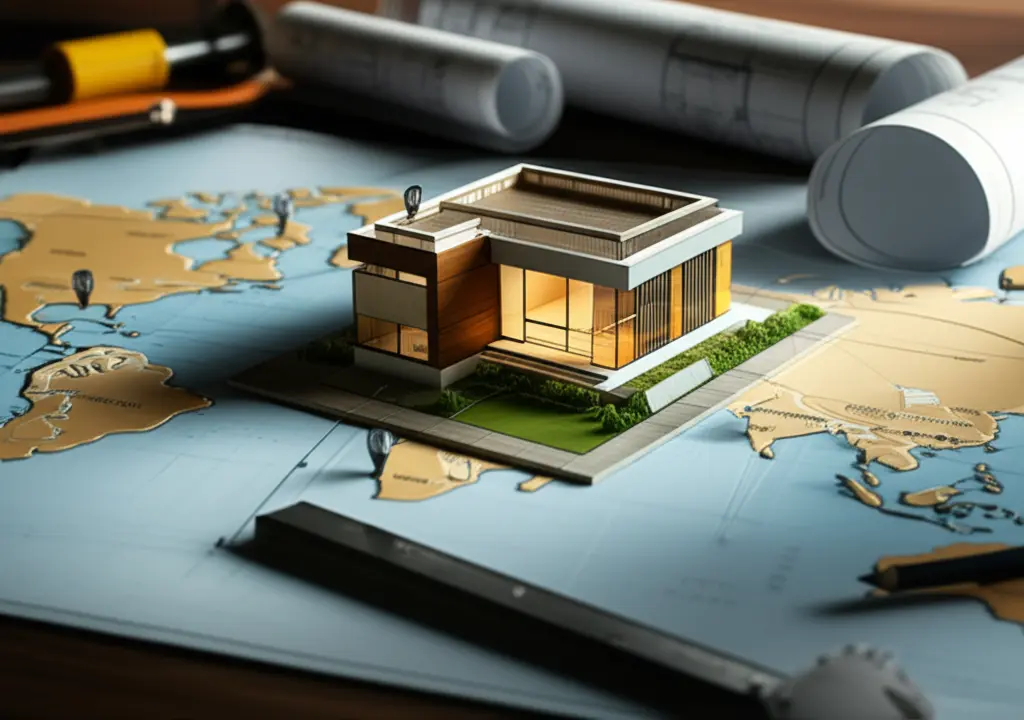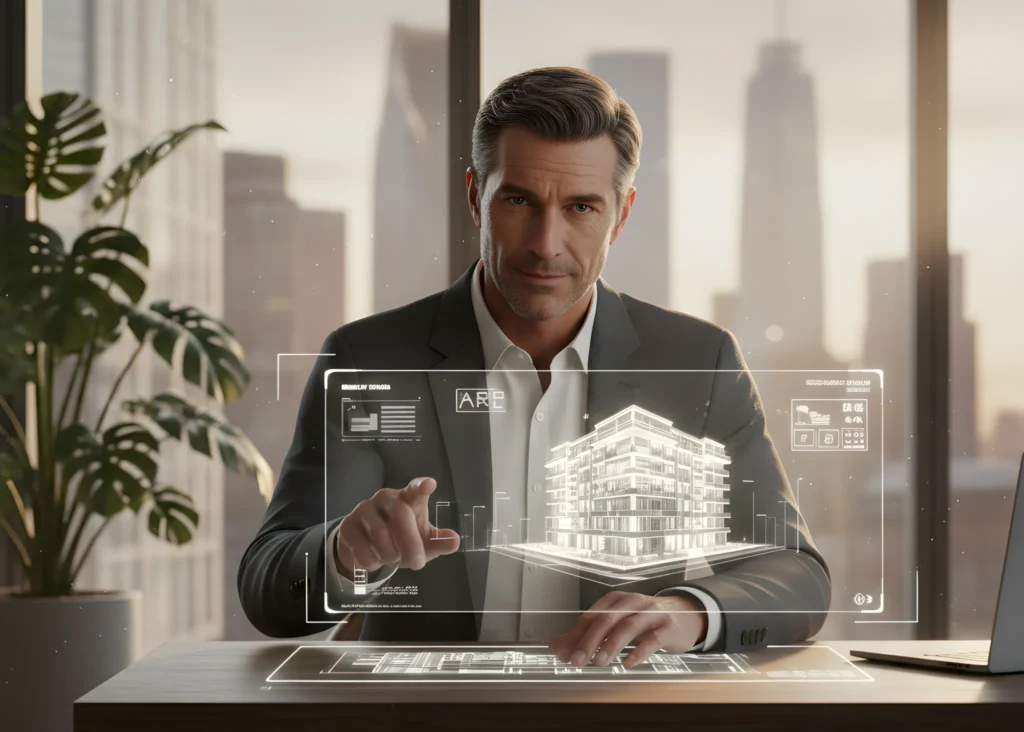Zero Energy Design Solutions
for Future-Ready Homes
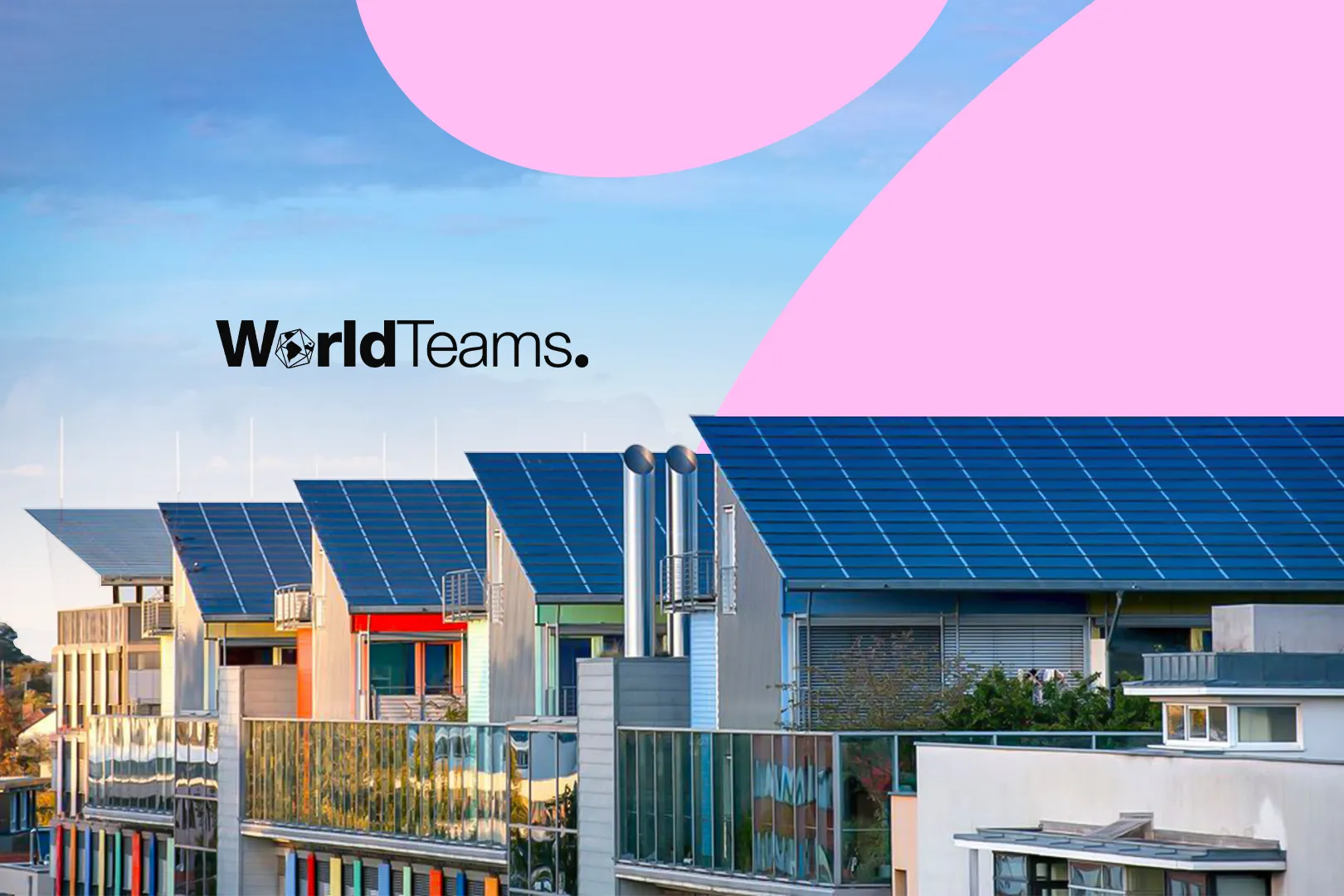
Zero Energy Design (ZED) is a forward-thinking architectural approach that aims to eliminate or drastically reduce a building’s energy consumption by incorporating energy-efficient solutions and renewable energy sources. In this design philosophy, buildings generate as much energy as they consume, achieving a net-zero energy balance. This concept is rapidly gaining traction as a core element of eco-friendly construction, offering significant environmental, financial, and social benefits.
Incorporating various architectural design services and strategies, Zero Energy Design has paved the way for innovations in net zero houses, zero energy ready homes, and zero carbon homes. Let’s explore the benefits, strategies, technologies, and challenges of Zero Energy Design and how it is reshaping the future of construction.
Benefits of Zero Energy Homes
Cost Saving
Zero Energy Homes are designed for maximum energy efficiency, significantly reducing utility bills. Although the initial investment may be higher than traditional homes, the long-term savings in energy costs more than compensate. Homeowners can protect themselves from fluctuating energy prices by generating their own renewable energy, making their properties more economically sustainable.
Energy Price Protection
By integrating renewable energy systems like solar panels or wind turbines, these homes ensure energy independence. This shields homeowners from market volatility and rising energy prices, offering both financial stability and peace of mind.
Enhanced Comfort and Health
Zero Energy Homes focus on superior insulation, airtight construction, and advanced ventilation systems, resulting in improved thermal and acoustic comfort. Additionally, the use of non-toxic, eco-friendly materials ensures better indoor air quality, contributing to healthier living environments.
Environmental Sustainability
Reducing energy consumption and greenhouse gas emissions makes Zero Energy Homes an essential component in combating climate change. These homes lower their carbon footprint by utilizing renewable energy, sustainable materials, and efficient resource management.
Higher Property Value
Eco-friendly homes are increasingly valued in the real estate market. As energy efficiency and sustainability become top priorities for buyers, zero energy homes tend to have higher resale values, making them a smart long-term investment.
Key Strategies for Achieving Zero Energy Design
Passive Solar Design
Optimizing the building’s orientation, window placement, and layout to maximize natural heating and cooling reduces energy needs. Passive solar design is a cost-effective strategy that enhances both energy efficiency and comfort.
High-Performance Insulation
Using advanced insulation materials and ensuring airtight building envelopes minimizes heat loss and gain. This reduces reliance on heating and cooling systems, contributing to a more efficient energy profile.
Heat Recovery Ventilation Systems
These systems recover heat from outgoing air to preheat incoming fresh air, improving indoor air quality while minimizing energy loss.
Energy-Efficient Appliances and Systems
Implementing high-efficiency HVAC systems, water heaters, and appliances reduces overall energy consumption, making homes closer to net-zero energy requirements.
On-Site Renewable Energy Generation
Integrating renewable energy sources, such as solar photovoltaic (PV) panels, wind turbines, or geothermal systems, allows homes to generate their energy, offsetting their consumption and achieving a balanced energy equation.
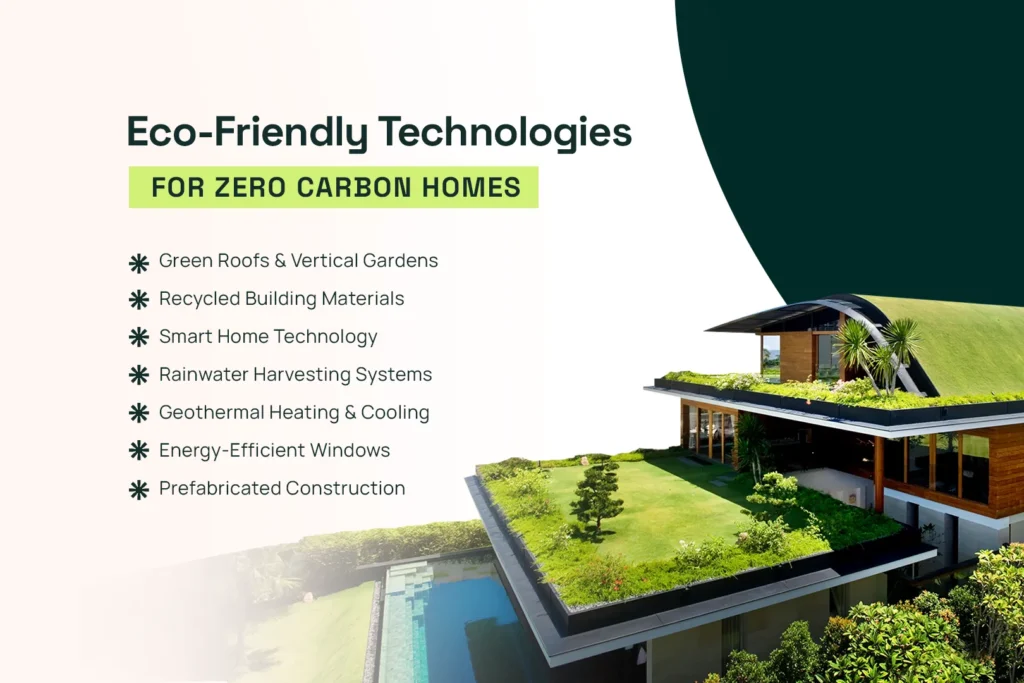
Eco-Friendly Technologies for Zero Carbon Homes
Zero Energy Design thrives on incorporating cutting-edge, eco-friendly technologies that enhance efficiency and sustainability:
Challenges in Zero Energy Construction
Despite its numerous advantages, Zero Energy Design faces several challenges:
while hiring the best talent in 2026
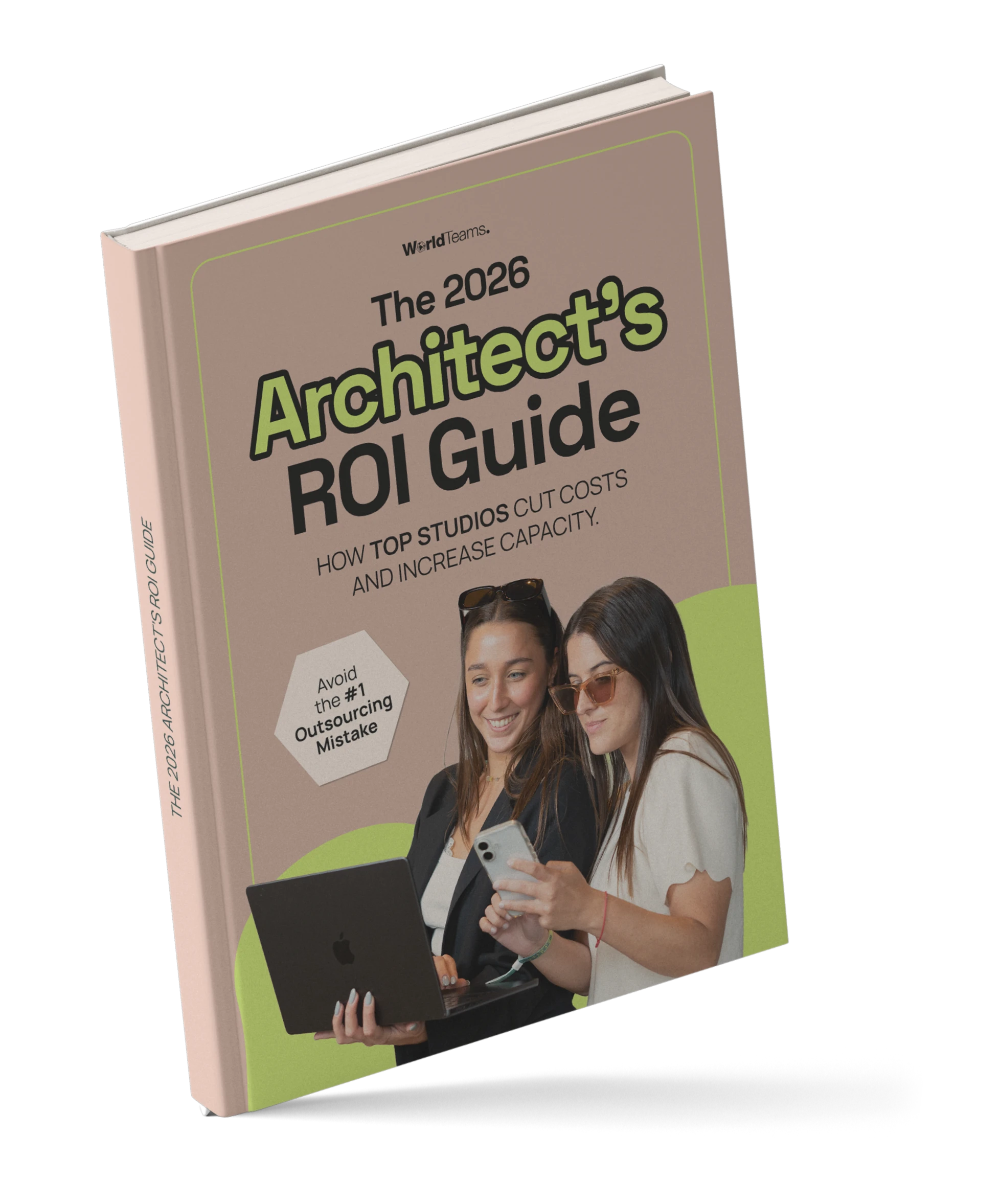
The Role of Outsourcing Architectural Services
in Zero Energy Design
Outsourcing architectural services plays a crucial role in overcoming the challenges associated with Zero Energy Design. Companies specializing in outsourcing architect services offer expertise in architectural design services tailored to eco-friendly construction.
By partnering with experts in architecture outsourcing services, firms can access the latest design technologies, such as Building Information Modeling (BIM), to enhance efficiency, reduce costs, and accelerate project timelines. This not only helps achieve zero energy ready homes but also ensures high-quality, sustainable construction.
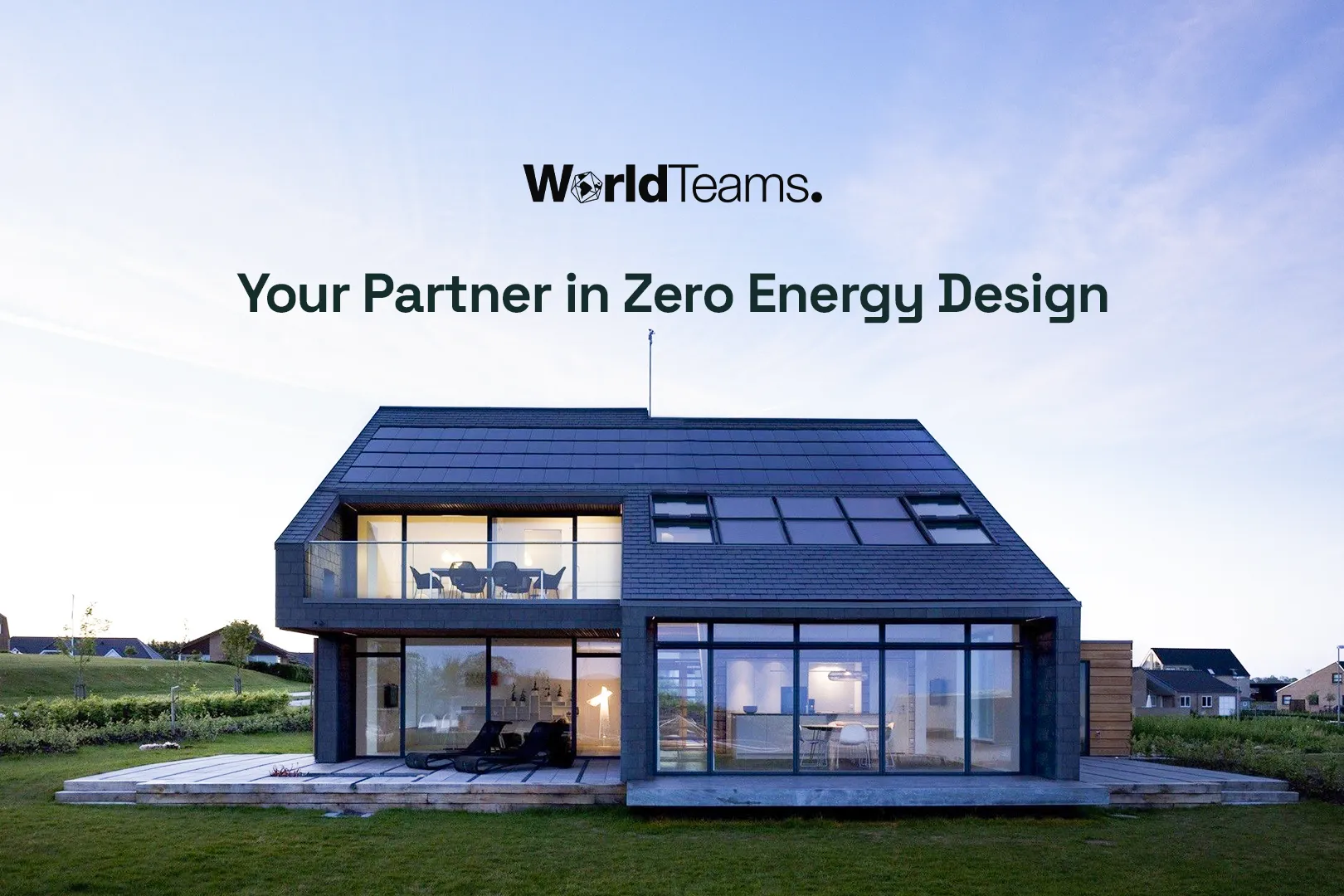
Conclusion: Your Partner in Zero Energy Design
At WorldTeams, we specialize in outsourcing architectural services to help you achieve your Zero Energy Design goals. Our experienced architects and designers provide innovative, energy-efficient solutions tailored to your specific needs. From concept to completion, we are committed to delivering zero energy homes that combine sustainability, comfort, and cost-effectiveness.
Partner with us to transform your architectural vision into reality while contributing to a greener future. Let’s build smarter, together!
